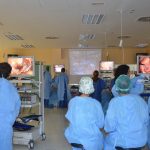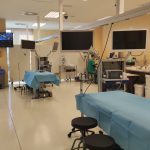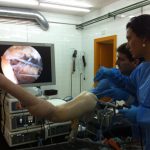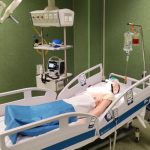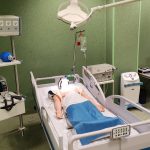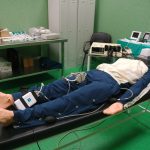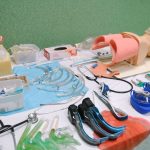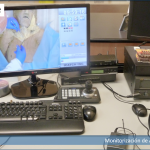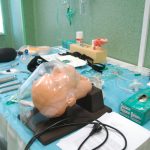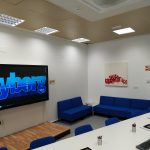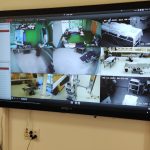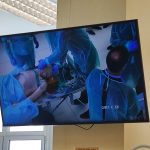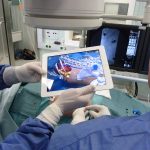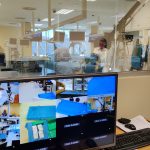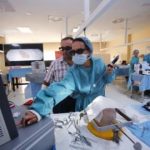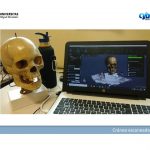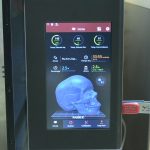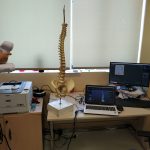Services
3 May 2022
Experimental Surgical Training
In surgical procedures or microsurgery or endoscopic surgery, both routine and experimental, in an environment that reproduces clinical reality. Surgical interventions are performed on animals weighing between 10 and 40 kg, on models of human anatomical parts or on cadavers optimized by the Thiel method and its variants.
Request for the Use of Laparoscopy Towers
Robotic Simulation
In complete, interactive and high-tech robots and mannequins, which act and react in a similar way to the human being in certain pathological processes, through computer systems that allow acting in environments similar to reality and acquiring so many skills that, due to their invasive nature, they do not they can be acquired through actual performances, such as clinical competencies.
The methodology in invasive techniques is carried out in phases and after learning on mannequins, later they are developed in human anatomical pieces or in an optimized cadaver.
Virtual Simulation
Based on vision with high-fidelity computer simulators through specific software of normal images or pathological processes.
Simulation aimed at learning in the management of diagnostic or therapeutic exploratory techniques in specific areas and the development of physical examination and therapeutic action skills. The simulation is developed in scenarios that reproduce as faithfully as possible the environments where these situations occur to facilitate immersion in each case.
Analysis and Debriefing
Based on the live observation of the maneuvers and techniques developed in the training actions, on the analysis and discussion of them through their transmission via internet or Wi-Fi. Methodology that allows optimizing the teaching-learning process based on the observation and assessment of the performance carried out.
The complex system of cameras and microphones installed in all the rooms offers the opportunity to analyze the performance of the debriefing sessions.
E-learning
Simplification of “electronic-learning”, it is a learning methodology developed via the internet, “internet based training”, and which offers online, in addition to updated content of teaching material, constant communication through forums, chats, teletutorials, etc. . In our case, such methodology will be developed only to support attendance.
3D Printing and Scanning
In medical education, models printed in 3D technology facilitate learning about the structure of the human body, since they are created from real anatomical samples, they also allow a much higher durability. The services offered by the CYBORG Experimental Center are, among others, the following:
- Generation of downloadable editable designs in stl format of different anatomical parts.
- Realization of 3D models for the study of the particular characteristics of pathologies.
- 3D design of models such as tools, prostheses…, etc. in order to test it on cadavers.
